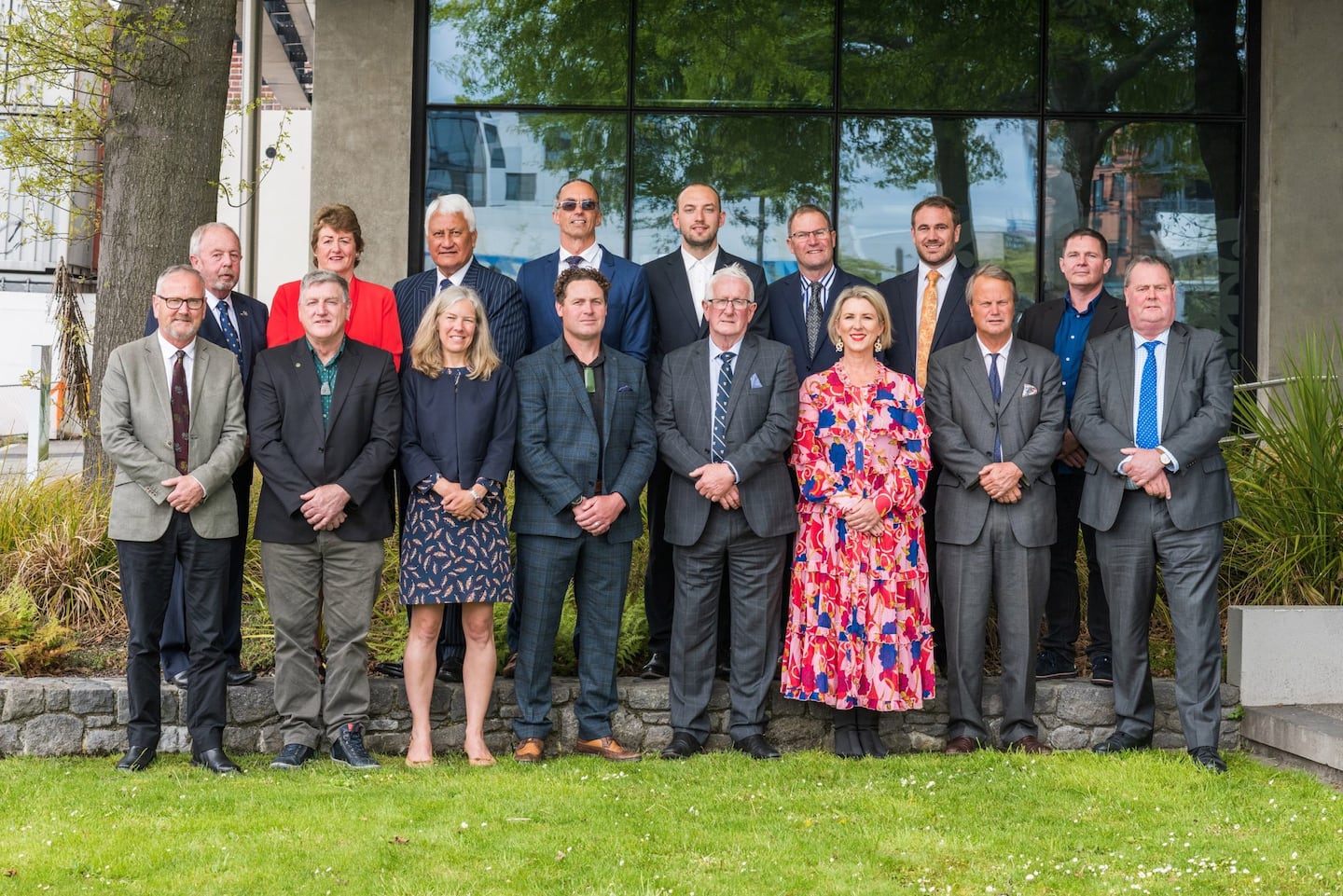Canterbury’s regional council has added its voice to opposition to the Treaty Principles Bill.
Environment Canterbury (ECan) voted by 12-4 on Wednesday, December 11, to make a submission to the Justice Select Committee, calling on the government to abandon the bill.
The Bill, which seeks to redefine the principles of Te Tiriti o Waitangi, was introduced to Parliament last month, with submissions closing on January 7.
Councillors Ian Mackenzie, John Sunckell, Nick Ward and David East voted against the submission presented by staff, dismissing it as ‘‘political’’.
Sunckell said he had ‘‘no sympathy’’ for the bill but believed making the submission would ‘‘inflame’’ the situation.
Mackenzie said the council had a partnership with Ngāi Tahu and he did not think it was ‘‘dependent on whether this bill goes forward’’. North Canterbury councillors Claire McKay and Grant Edge backed the submission.
But McKay said she shared Sunckell’s concerns.
Edge said Te Tiriti o Waitangi was ‘‘a partnership of shared values’’. Greg Byrnes agreed it was a political decision but ‘‘staying silent is not staying neutral’’.
‘‘We are politicians, like it or not.’’
Chairperson Craig Pauling said not speaking up was not an option for him.
‘‘Are we political? I’m pretty sure we are politicians. Every decision we make is political.
‘‘There are many times in human history where people should have said something, and they didn’t.
‘‘I don’t believe that speaking out on this issue will inflame the situation – instead, our submission provides clarity and gives our view.’’
Pauling said ECan’s submission highlighted the absence of consultation with Māori during the development of the bill.
He said the bill limited flexibility, and did not appear to take into account progress achieved through years of good-faith dialogue and collaboration in Canterbury.
‘‘People have mentioned that our partnership should be strong enough to remain, should the bill be passed into law,’’ Pauling said.
‘‘But it is hard to make a partnership work when one partner’s rights have been diminished.
‘‘Partnerships have to be mutually beneficial, or it just won’t work.’’
Pauling said the Bill would likely result in increased costs to undo ‘‘operational efficiencies’’ achieved through the partnership approach.
The submission also warned of a likely increase in litigation costs as councils, stakeholders and the judiciary grappled with interpreting and applying the new principles.
LDR is local body journalism co-funded by RNZ and NZ On Air


